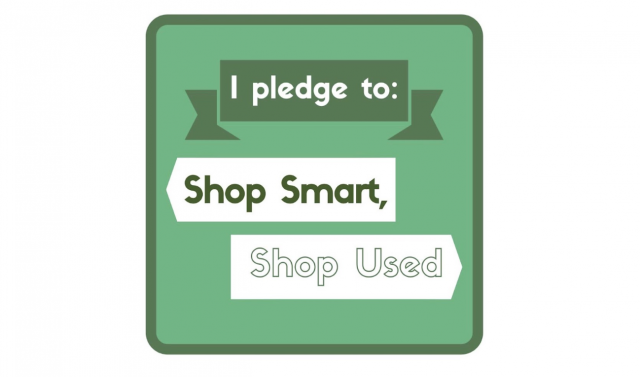Students Reimagine Chuck It for Charity Messaging

Students studying Social Marketing utilized their skills to promote move-out waste reduction.
Undergraduate students in the Spring 2020 COM 4560 Social Marketing course were challenged to reimagine the messaging for the Chuck It for Charity program, which is an annual move-out initiative.
Chuck It for Charity is a partnership between Sustainable Campus and University Housing to collect all the “stuff” that is usually left behind at the end of the Spring semester. The material is weighed, sorted, and redistributed to Tallahassee community agencies in support of their work and the people they help.
In the past few years, the amount of waste collected has grown, creating new challenges for the Chuck It for Charity team. To address this issue, Sustainable Campus asked the Social Marketing students for help altering the program’s marketing to reduce the overall amount of items collected.
Over the course of the semester, students worked in small groups to tackle the goal of waste minimization on campus. They administered surveys to measure attitudes, beliefs, and existing behaviors of FSU students and got to work developing marketing campaigns to deploy across the University.
“I loved seeing the students’ creativity as they worked through this really challenging behavior change goal by applying what they have learned about communication theory and the data they were able to collect for their final campaigns,” said Michelle Presley, Social Marketing TA.
Due to the challenges of the COVID-19 situation, final client deliverables and presentations were shared virtually. Elizabeth Swiman, director of Sustainable Campus, was excited about the students’ work.
“We always learn so much from these projects,” said Swiman. “It’s really helpful and insightful, and we’ll use some of all the different presentations in our marketing in the future. The surveys always pop up interesting tidbits of information that we don’t have access to, and regardless of what the end product is, Sustainable Campus always gets something valuable - from the students’ analyses to their interpretation of the data.”
Students in the course appreciated collaborating with Sustainable Campus because they were able to experience working with a client while creating a marketing campaign.
“It was great to have a tangible problem that affects our campus,” said one participating student. “Not only was I able to increase professional development in my career field, but I was able to gain experience and knowledge within sustainability. I was challenged, motivated, and supported every step of the way!”
To learn more about the Campus as a Living Labs program, visit sustainablecampus.fsu.edu/academics-research/campus-living-laboratory.
